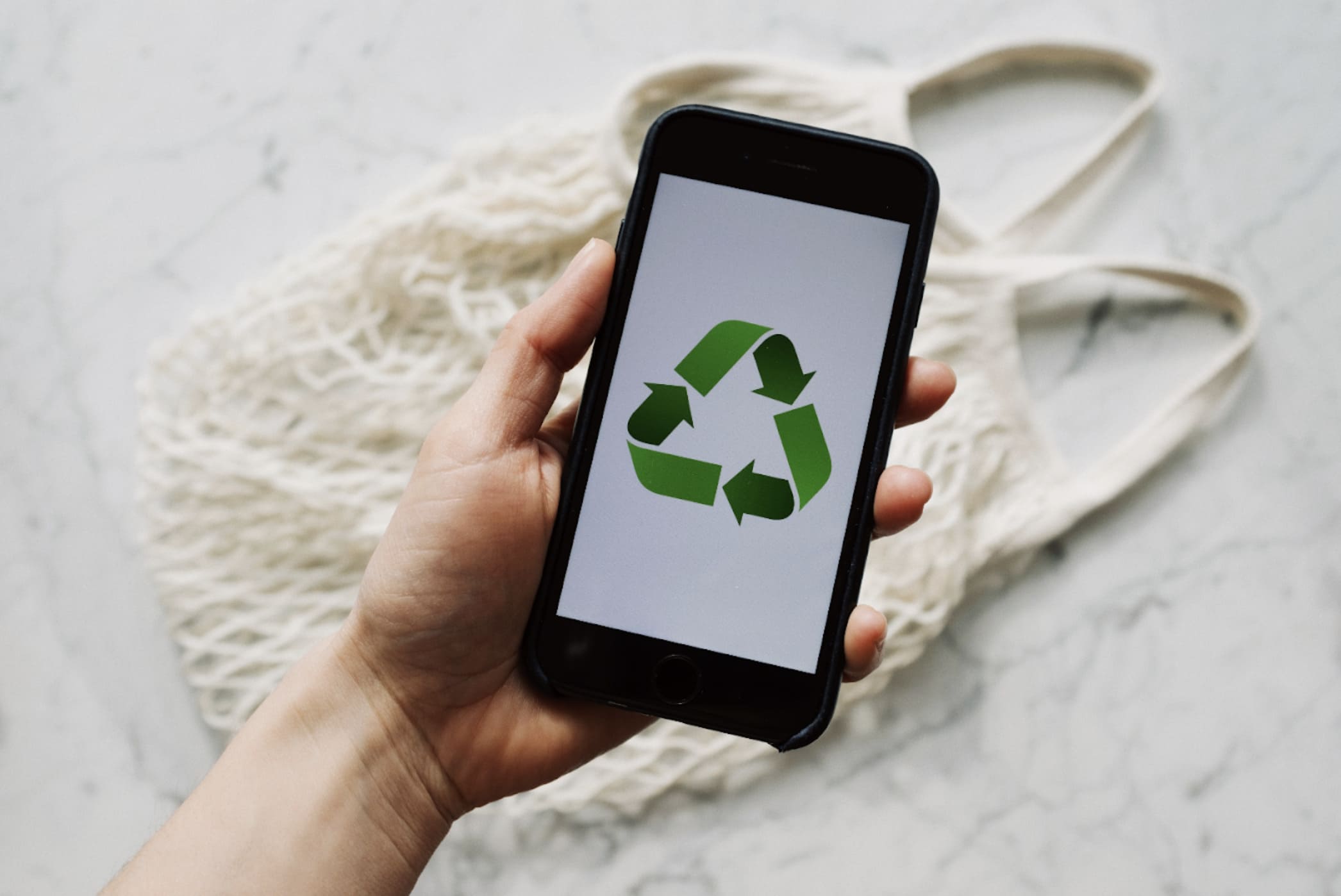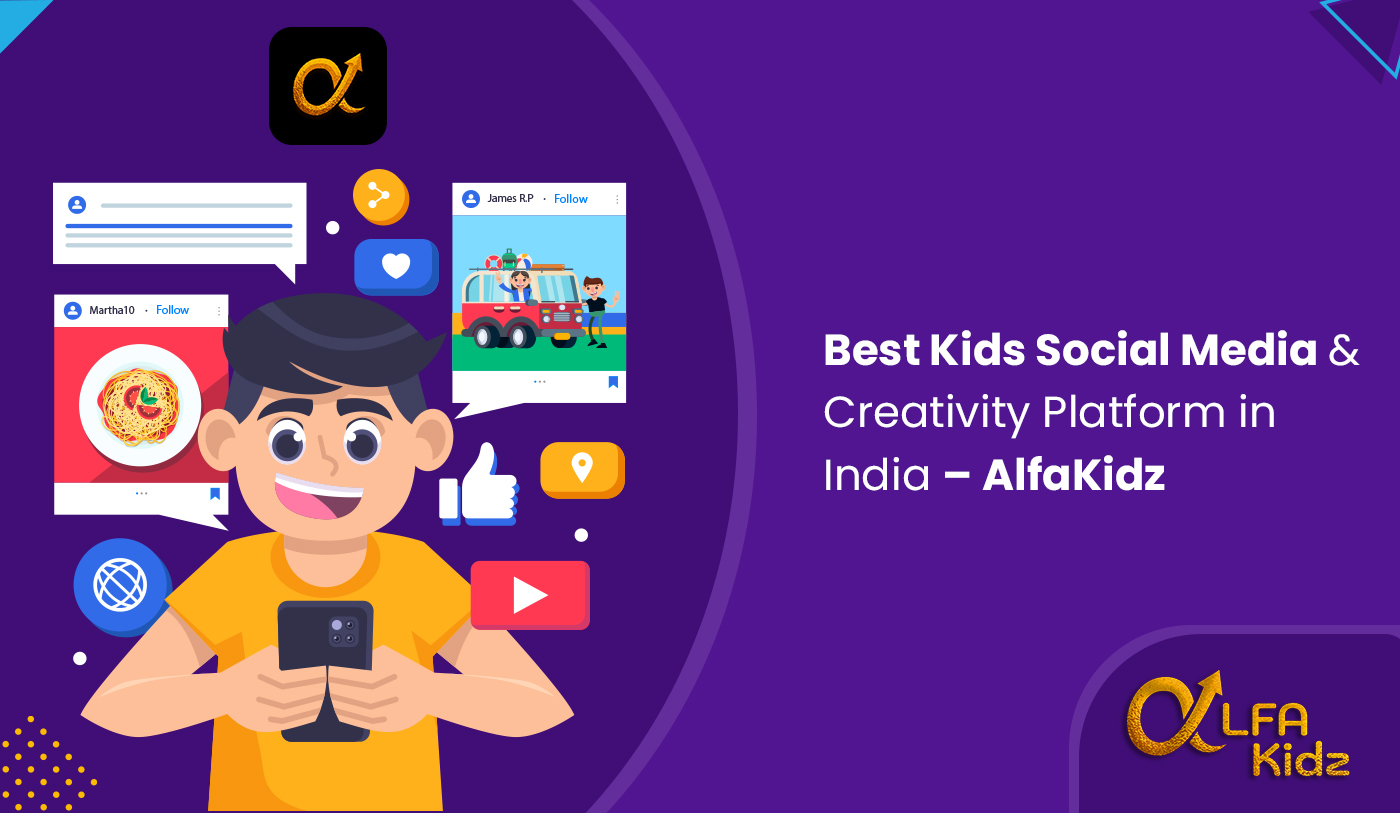The world is rapidly shifting towards a more sustainable future, and businesses are increasingly recognizing the importance of sustainability in their operations. One area where sustainability is making a profound impact is in mobile app development. Custom mobile app development plays a crucial role in driving innovation in sustainable and circular economy models. In this blog, we will explore how custom mobile apps are empowering businesses and individuals to contribute to sustainability and promote a circular economy.
Understanding the Circular Economy and Sustainability
Before delving into the role of custom mobile app development, it’s essential to understand the concepts of a circular economy and sustainability. In traditional linear economies, products are made, used, and disposed of, leading to resource depletion and increased waste. In contrast, a circular economy focuses on designing products and systems that minimize waste, optimize resource use, and promote the reuse and recycling of materials.
Sustainability, on the other hand, refers to practices that meet the needs of the present without compromising the ability of future generations to meet their own needs. By integrating sustainability into the development of mobile apps, businesses can foster more responsible consumption and production.
The Role of Custom Mobile App Development in Sustainability
Custom mobile app development can significantly impact sustainability in several ways. By leveraging advanced technologies, custom mobile apps can help businesses and individuals reduce their environmental footprint, optimize resource usage, and promote sustainable practices. Let’s take a closer look at some of the key ways custom mobile app development supports sustainability:
1. Promoting Resource Efficiency
Custom mobile apps can help individuals and businesses track and manage resources more effectively. Whether it’s energy consumption, water usage, or material waste, apps can monitor and provide real-time insights to optimize usage. For example, energy-efficient apps can help users control their electricity consumption by adjusting settings on smart devices. By minimizing energy wastage and improving efficiency, these apps contribute to sustainable living.
2. Encouraging Eco-Friendly Behavior
Mobile apps can be used to promote environmentally friendly habits and sustainable lifestyles. For instance, apps that track carbon footprints or encourage eco-friendly transportation options, such as biking or carpooling, can help users make more sustainable choices. A custom mobile app can gamify the process, rewarding users for taking actions that reduce their environmental impact. These apps can also provide educational content, raising awareness about sustainability issues and offering solutions.
3. Facilitating the Sharing Economy
A circular economy thrives on collaboration, and the sharing economy is a crucial part of that. Custom mobile apps can enable the sharing of resources, goods, and services among individuals, businesses, and communities. Examples include platforms that facilitate peer-to-peer sharing of goods, tools, or even spaces, reducing the need for new products to be manufactured. Apps can help users find, borrow, or exchange items, encouraging a more sustainable approach to consumption. By reducing waste and promoting the reuse of products, the sharing economy plays a vital role in a circular economy model.
4. Reducing Waste through Recycling and Upcycling
Waste reduction is a key pillar of the circular economy, and custom mobile app development can contribute to this goal. Many apps are now designed to help individuals and businesses reduce, recycle, or upcycle materials. For example, apps that help users locate nearby recycling centers or those that connect users with recycling programs make it easier to dispose of items responsibly. Additionally, apps focused on upcycling enable users to transform old or unused items into new products, reducing waste and contributing to a circular economy.
5. Tracking and Reducing Carbon Footprint
Custom mobile apps can play a pivotal role in tracking and reducing carbon footprints. Apps that track personal or organizational carbon emissions can help users understand the environmental impact of their activities. By offering real-time data, personalized insights, and actionable recommendations, these apps encourage users to make more eco-conscious decisions, such as reducing travel, opting for energy-efficient solutions, or using public transportation.
6. Supporting Sustainable Supply Chains
Sustainable supply chain management is another area where custom mobile apps can make a significant difference. By using mobile apps, companies can track the sourcing, production, and distribution processes of their products, ensuring they meet sustainability standards. Apps can help businesses identify ethical sourcing practices, reduce transportation emissions, and promote fair trade. This leads to a more sustainable and transparent supply chain that aligns with circular economy principles.
The Role of Custom Mobile App Development in Circular Economy Models
Circular economy models prioritize the reuse and recycling of resources, and custom mobile app development is at the forefront of this shift. By creating solutions that support circular processes, custom mobile apps can help businesses transition to more sustainable business models. Here’s how:
1. Enabling Product Lifecycle Management
Custom mobile apps can help businesses manage the lifecycle of their products, from design and manufacturing to end-of-life disposal or recycling. Apps can provide valuable data on the materials used, product lifespan, and opportunities for reuse or recycling. For example, companies can create apps that guide consumers on how to dispose of their products responsibly or offer incentives for returning used items for recycling or refurbishment.
2. Facilitating Take-Back and Recycling Programs
Custom mobile app development can facilitate take-back programs, where customers return their used products for recycling, refurbishment, or resale. These programs reduce the need for new products and encourage the reuse of existing materials. A mobile app can streamline the process by allowing users to easily track product returns, locate recycling centers, or get rewarded for participating in such programs.
3. Building Circular Marketplaces
Circular marketplaces are platforms where individuals and businesses can buy, sell, or trade used goods, refurbished products, or resources. Custom mobile apps can help create these marketplaces by providing a user-friendly interface for listing items, connecting buyers and sellers, and ensuring that transactions align with sustainability goals. These apps encourage the reuse of goods, reducing the demand for new products and promoting a circular flow of resources.
4. Promoting Sustainable Product Design
Custom mobile app development can also influence the design phase of products by encouraging designers to create products that are more sustainable and easier to recycle. Apps can provide insights into materials, manufacturing processes, and recyclability, enabling businesses to make more informed decisions. By incorporating these elements into the design process, companies can create products that align with circular economy principles from the very beginning.
5. Tracking Waste and Waste Reduction Metrics
Mobile apps can be designed to track waste production and reduction metrics, helping organizations identify areas for improvement. These apps can provide businesses with data on the volume of waste generated, the types of materials used, and the success of recycling initiatives. This data can be used to optimize waste management processes and ensure that businesses are meeting their sustainability goals.
The Future of Custom Mobile App Development in Sustainable Business Models
As sustainability becomes increasingly important, the future of custom mobile app development is bright. Mobile apps will continue to evolve, offering new ways to promote sustainability, drive circular economy models, and help businesses reduce their environmental impact.
1. Integration with IoT and Smart Devices
The integration of custom mobile apps with IoT (Internet of Things) devices will create a more connected and efficient ecosystem. Smart devices that monitor energy use, water consumption, and waste production will be able to provide real-time data to users via mobile apps. This will allow individuals and businesses to make instant adjustments to optimize resource usage, promote sustainable behavior, and minimize waste.
2. AI and Machine Learning for Sustainability
Artificial intelligence (AI) and machine learning (ML) technologies will play an increasingly important role in custom mobile app development for sustainability. AI can be used to analyze data from apps to provide personalized recommendations, predict resource needs, and optimize efficiency. Machine learning algorithms can identify patterns in user behavior and suggest more sustainable alternatives, making it easier for users to adopt eco-friendly practices.
3. Blockchain for Transparency and Accountability
Blockchain technology can be integrated into custom mobile apps to provide transparency and accountability in sustainability efforts. By using blockchain, businesses can ensure that their supply chains are ethical, traceable, and aligned with circular economy principles. Consumers will also be able to track the sustainability of products they purchase, encouraging companies to adopt more responsible practices.
Conclusion
Custom mobile app development has the power to lead the charge in sustainable and circular economy models by promoting resource efficiency, reducing waste, and encouraging responsible consumption. Through innovative app solutions, businesses can optimize operations, engage consumers in sustainability efforts, and support the transition to a circular economy. As technology continues to evolve, custom mobile apps will play an increasingly vital role in shaping a more sustainable future.
If your business is looking to develop custom mobile apps that support sustainability and circular economy practices, partnering with a reliable software development services provider can help you bring your vision to life. By leveraging the power of custom mobile app development, you can contribute to a greener, more sustainable world while achieving your business goals.



